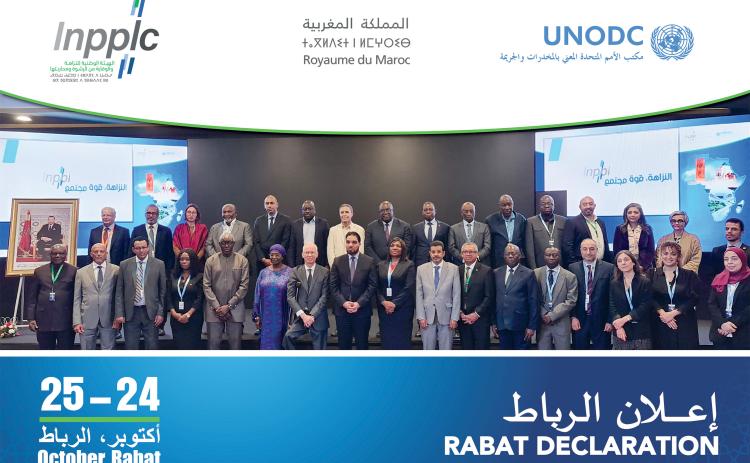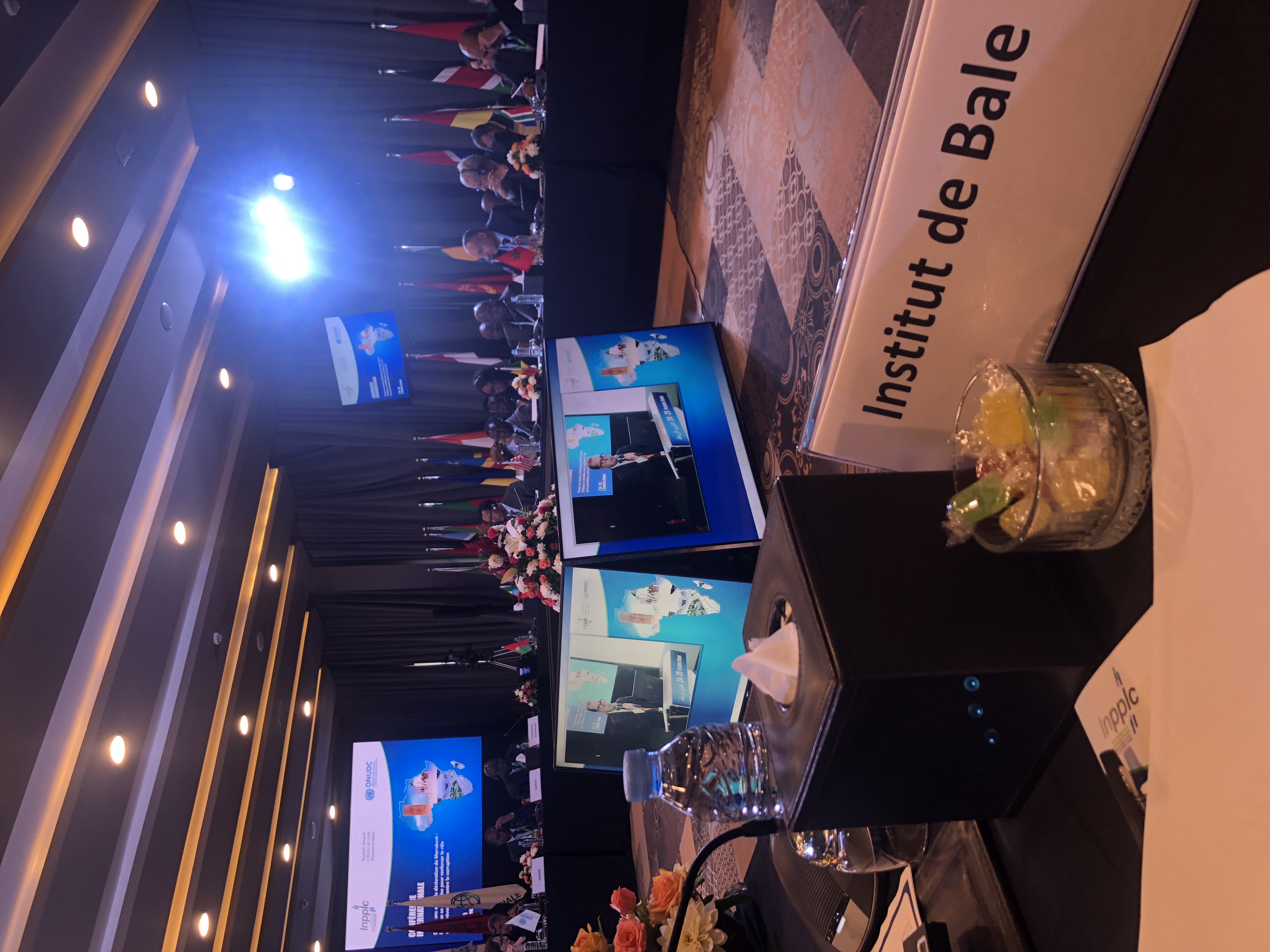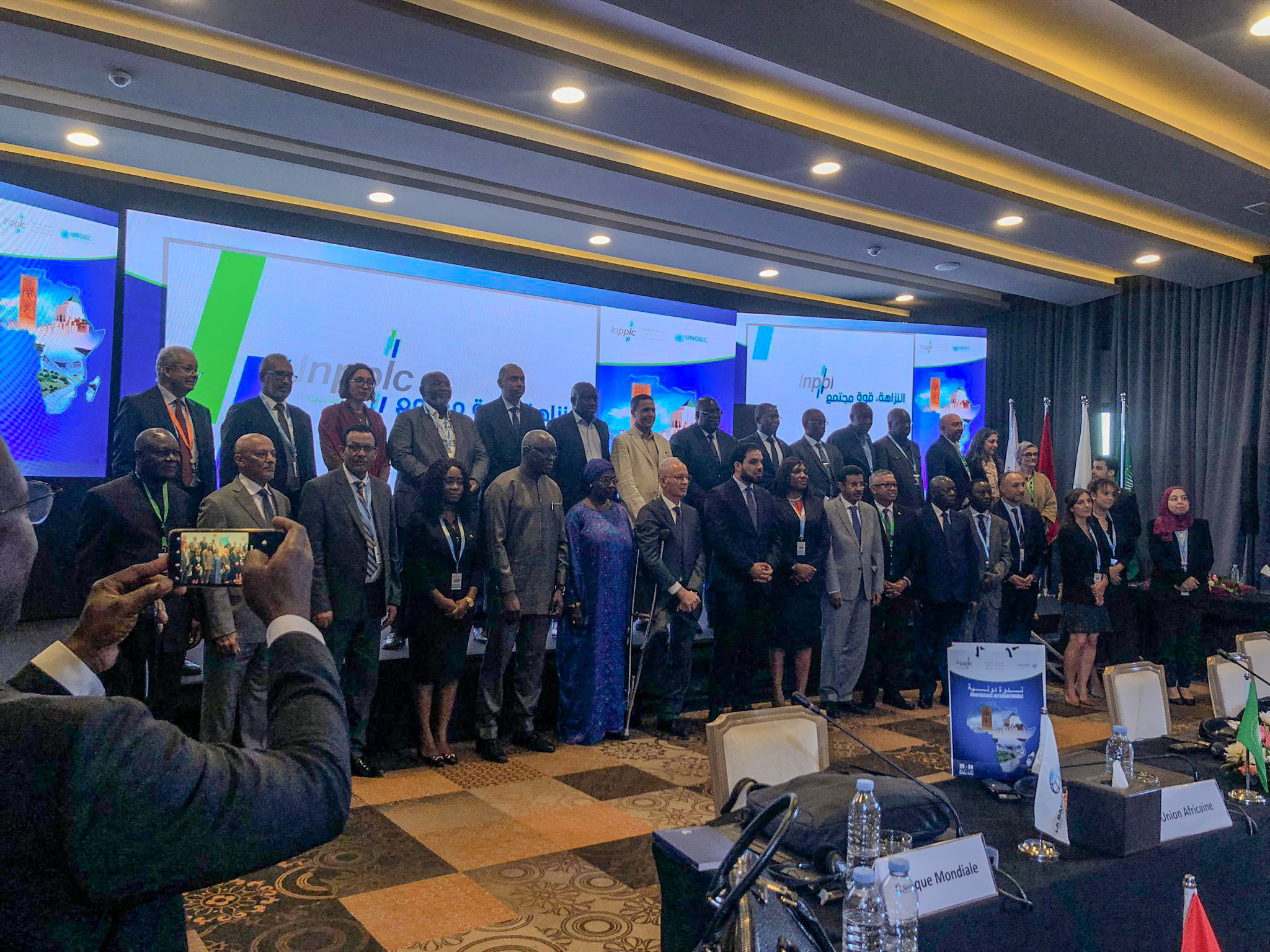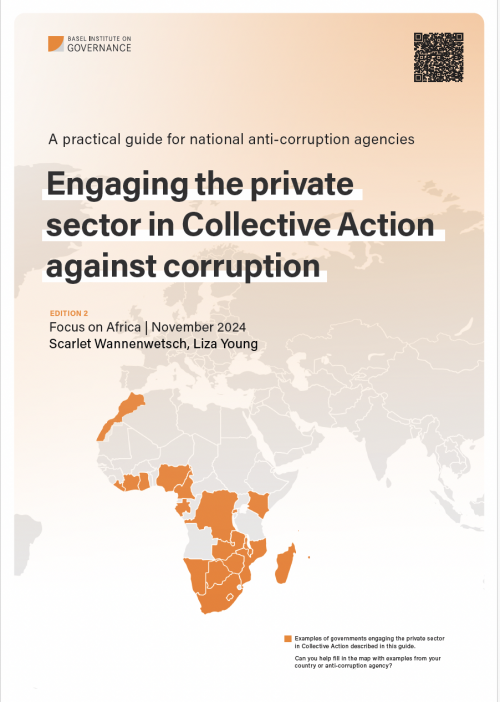Rabat Declaration highlights private-sector engagement in preventing corruption

We are pleased to see States embracing the business community in corruption prevention activities in Africa. At a recent anti-corruption conference in Rabat, a new declaration emphasised the importance of the "involvement of all stakeholders, with a shared vision and an action based on collective mobilisation…”. This language underlies the Collective Action approach that we at the Basel Institute have long promoted to increase standards of integrity and fair business around the world.
Rueben Lifuka, Vice Chair of Transparency International until November 2023, summed it up at the conference:
“Our fight is collective. Corruption is a thief of our future. We need Collective Action to succeed.”
In the context of rapidly growing direct foreign investment in Africa, Collective Action can help to safeguard investments and ensure the economic attractiveness of African countries. It is now recognised across the world as a powerful tool to raise standards of integrity, enhance conditions for fair competition and help to solve systemic issues related to bribery and corruption.
International conference opens the way
Our Private Sector team participated in the Rabat conference entitled “Twelve years after the Marrakech Declaration: Africa mobilises to strengthen the role of prevention against corruption” from 24–25 October 2023.
Co-organised by the Moroccan Anti-Corruption Authority (INPPLC) and UNODC, the event brought together African heads of anti-corruption agencies, civil society representatives and business associations. Their aim was to better understand common challenges in preventing corruption and how African countries can set a path for steady and sustainable development.
The Rabat Declaration
Two days of discussions led to the adoption of the Rabat Declaration (also in French): “Towards reinforcing measures for the prevention of corruption to open up new perspectives on development, equity, and stability”.
The declaration’s recommendations will be presented at a side event of the upcoming 10th Conference of the States Parties to the UNCAC (CoSP) in Atlanta, U.S. The aim is for the Declaration to be adopted as a United Nations Resolution during the conference.
Moving towards multi-stakeholder engagement
The Rabat Declaration is a follow-up to the Marrakech Declaration, which was adopted in 2011 at the 4th CoSP in Morocco. This declaration is the only resolution that has been a permanent agenda item at CoSP since its adoption, with implementation closely monitored by the Secretariat.
However, the Marrakech Declaration did not emphasise the private sector’s role in preventing and fighting corruption, referring to the business community only as “other relevant stakeholders”. Ten years later, the Rabat Declaration provides new impetus and explores “new perspectives for the prevention of corruption in the African context”.
With this, it puts the private sector at centre stage. Recognising that “corruption affects investors’ confidence and the business environment and therefore weighs negatively on the country’s economic attractiveness” the Rabat Declaration sees the private sector as a “leading actor in the efforts of prevention and fight against corruption”.
There is also a strong emphasis on the role of civil society, with particular reference to the importance of representing youth and women in the decision-making and consultation process. This focus on the private sector and civil society is a welcome advance to ensure responsible and sustainable economic development.
Leading by example
We were pleased to see the multi-stakeholder approach to anti-corruption being picked up by the Moroccan Government during the conference, through the INPPLC. Morocco has been increasingly involving the private sector in its anti-corruption efforts, as we discuss in our Practical Guide for anti-corruption agencies in Africa. This is a decisive step in the right direction.
The Private Sector team is also engaging with INPPLC in the field of Collective Action through a joint initiative with the OECD.
Other conference participants similarly emphasised the importance of the private sector in the fight against corruption, saying for example:
“Africa will receive massive infrastructure investments over the next years. Safeguarding these funds is crucial for the development of the continent. National and international investors need guarantees.”
“Respect of international standards, legal predictability and corruption are amongst the top considerations for international investors.”
“Corruption is one of the biggest impediments for the achievements of the Sustainable Development Goals in Africa.”
“The private sector holds a crucial role in the economic development of Africa. The continent needs investments to support development efforts.”



